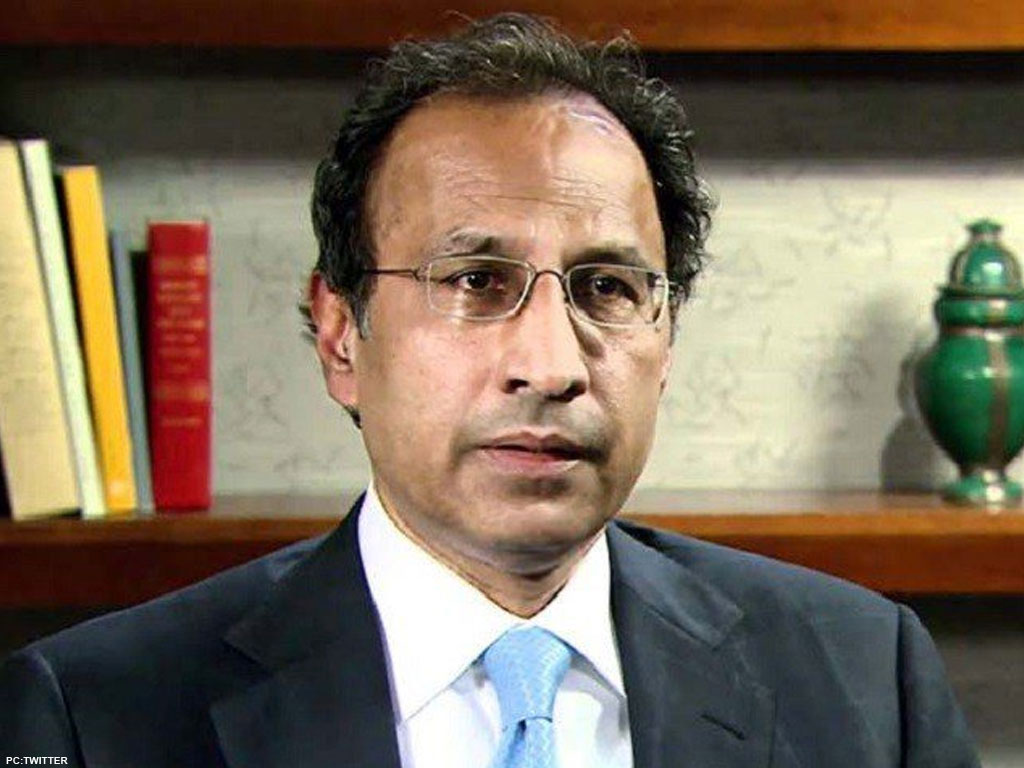Industrial support package

Advisor to the Prime Minister on Finance Dr Hafeez Sheikh while chairing the Economic Coordination Committee meeting on 26 June approved the discontinuation of one component of the industrial support package notably subsidised electricity to industry for 24 hours and limited it to four peak hours during one day. This decision must be seen in the context of prior conditions agreed and highlighted in an International Monetary Fund (IMF) press release uploaded on its website dated 12 May 2019 though the Pakistani authorities inexplicably remain tightlipped to this day maintaining that details would be released once the loan is approved by the IMF Board - a self-imposed silence that maybe sourced to the expected public and sectoral furore on the contents of the prior and during programme conditions that were agreed.
The IMF press release notes that the "budget will aim for a primary deficit of 0.6 percent of GDP supported by tax policy revenue mobilisation measures to eliminate exemptions, curtail special treatments, and improve tax administration...a comprehensive plan for cost-recovery in the energy sector and state-owned enterprises will help eliminate or reduce the quasi-fiscal deficit that drains scarce government resources." This indicates that withdrawal of the electricity subsidy to the industrial sector maybe the first step towards curtailing special treatment and raising cost recovery in the energy sector. Various sectors have already begun agitating against budgetary measures with many claiming that they were not even heard before the budget was formulated, announced or approved, leave alone their recommendations heeded - a fact that would raise the disconnect between the productive sectors and the government's economic team.
The jury is therefore out as to how much of the claimed 40 billion rupee industrial package, claimed by Pakistan Tehrik-e-Insaaf cabinet members including Hammad Azhar, the Minister of State for Revenue, will be trimmed and how soon - 35 billion rupees budgeted under duty drawback of taxes order 2016-17 and another 5 billion rupees reportedly placed under grants and transfers.
Fiscal targets have already been set by Dr Hafeez Sheikh, a raise in taxes of Rs 1.6 trillion given in 2019-20 compared to the outgoing year, widely regarded as unrealistic given that the base line for the outgoing year has changed with actual revenue collections estimated at 3.82 trillion rupees instead of projected downward revised target of 4.15 trillion rupees. In effect to come even close to this revenue target would require raising existing taxes and/or widening the tax net during the year as well as further trimming of expenditure to meet the budget deficit target set by the IMF. With the civilian and military establishment unlikely to entertain a further cut during the year the onus of curtailment of expenditure would have to fall on special packages and later perhaps on development expenditure - be it under the Ehsaas programme or under the infrastructure development projects.
Those who argue that Dr Hafeez Sheikh is not aware of the negative impact of his budgetary measures on growth must refer to the growth for next year projected in the budget documents - as low as 2.4 percent which would not only be too low to generate the additional revenue increase sourced to growth as estimated by Federal Board of Revenue (FBR) but would also imply the death knell of Pakistan's industrial/productive sectors. And to make matters worse in line with the staff-level agreement, the State Bank of Pakistan has had to adopt a market-based exchange rate that in effect implies higher utility charges, for households and productive sectors, as electricity tariff is quoted in dollars/cents and not in the local currency as well as a significant raise in allocations for interest and repayment of external debt as and when due.
To conclude, growth would plummet to the same rate as in 2010-11 - 2.4 percent, as per the Economic Survey, which was the first year of Dr Hafeez Sheikh as the country's Finance Minister. And for the five years of the PPP-led government out of which Sheikh was the finance minister for three years growth averaged at a very low 2.9 percent - figures that may have been manipulated downward by his successor Ishaq Dar but then data was also dressed during the period when Dr Sheikh was the finance minister, particularly with respect to the rate of inflation. Unfortunately, however, this had become standard practice and one can only hope that it shall not continue.























Comments
Comments are closed.